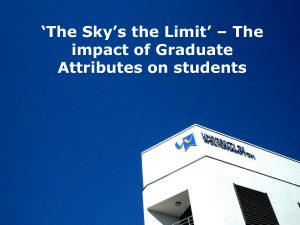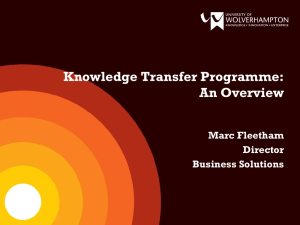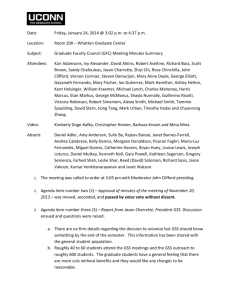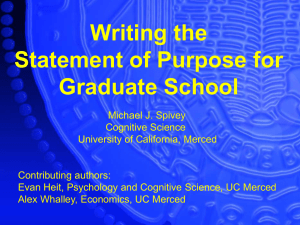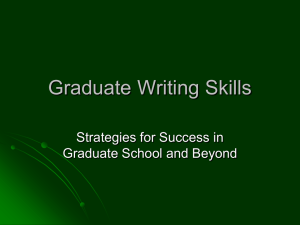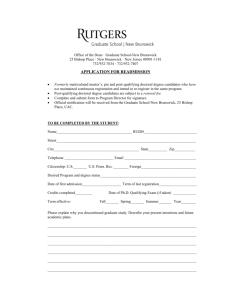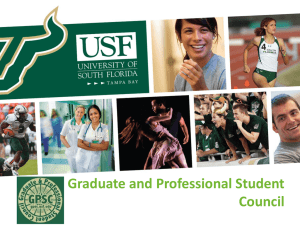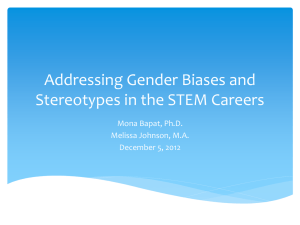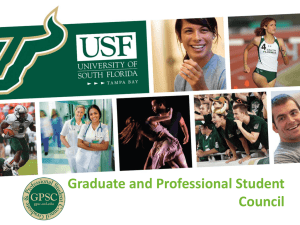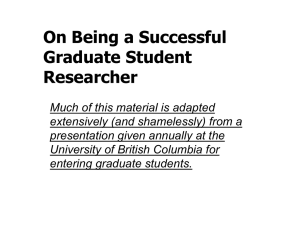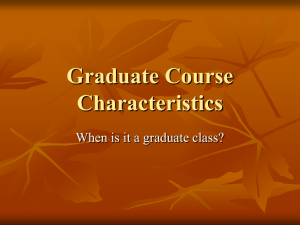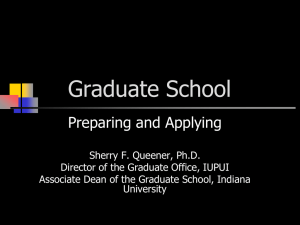Presentation - Kent State University
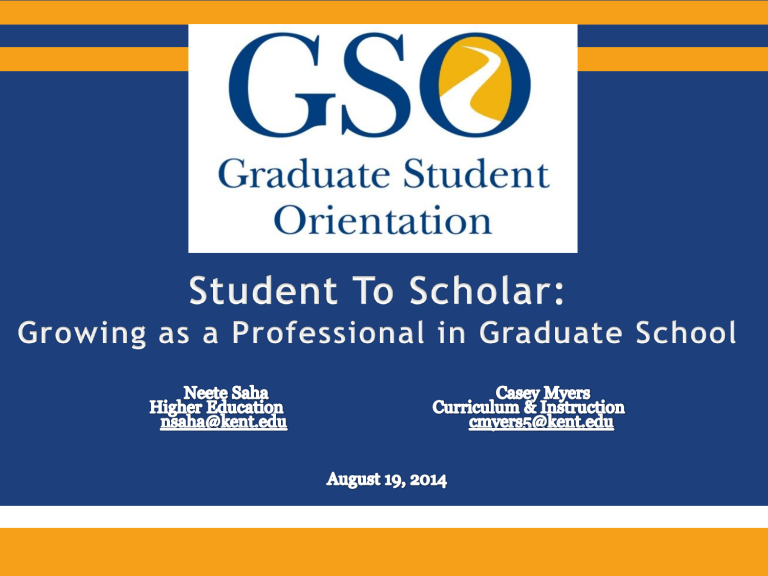
You’re beginning graduate school...
Watch: https://www.youtube.com/watch?v=qxNZe
AJ3MLI
Discuss: What advice have you received so far from peers, colleagues, mentors or professors/advisors already?
This session will provide information/advice/resources for the emerging scholar, focusing on developing and maintaining professional relationships across three major areas:
• Department
• University
• Discipline
Communicating and
Collaborating in your
Department
Advisor, Faculty, Committee, & Peers
Advisors
• Mentoring role
• Authority
• Personal vs. professional relationships
• Delicate balance
• Research:
Topics
Publications (i.e. manuscripts, book reviews, oped etc.)
Scholarly Journals (i.e. impact factor, peer reviewed)
• Collaborations
Faculty
• Personal vs. professional relationships
• Research & Collaborations
• Authorship
Committee members
• Selecting your committee members
• Research & Collaborations
Peers
• Future colleagues
• Research & Collaborations
• Reaching out for advice
S
ourcing and Securing
Resources at the University
Level
Graduate Studies
• Funding opportunities (grants, awards, fellowships)
• Socials and networking
• Graduate Professional and Academic Development (GPAD)
Graduate Student Senate (GSS)
• Travel (international and domestic) Funding
• Research Awards
• Organization funding
• Representation
• Research Symposium
Faculty Professional Development Center
(FPDC)
• PD focused around development of teaching and teaching/learning related scholarship
University Libraries
• Your subject/research librarian = your BFF
Establishing yourself in your discipline
Joining and participating in your state/national organizations and governing bodies (discipline specific)
• Grad student membership and funding
• Grad student programs, Special Interest Groups (SIGs)
• Conferences and professional institutes
Joining and participating in trans-disciplinary organizations
• Often related to research methodologies, philosophical approaches, etc.
• Mentorship outside of your field (broad mentoring)
• Connecting with diverse scholars and student interests
• Conferences, SIGs, and professional institutes
*Both offer chances to serve on committees, including potential for journal/grant review experience
Making the most of conferences/institutes
• Introductions and asking questions
• Functions/dinners
• Connecting and following up
Reaching out
• Make the most of academic “ families ”
• Reference potential partnerships
• General rule: Follow-up once and then let it go
Establishing a web presence
• The Google Test
• Your updated CV, first drafts of your work, or anything else to help colleagues and potential employers understand your research, teaching, and skill profiles.
Discussion
Hopefully you “ love what you do ” , but graduate school is also a means to an end (a more advanced degree and career, etc.) that takes planning and
intention. Consider:
“ As a graduate student, your fate is in your own hands, and every decision you make—including whether to go to graduate school at all, which program to go to, which adviser to choose, and how to conduct yourself while there— can and should be made with an eye to the job you wish to have at the end.
” (Kelsky, 2012)
What professional concerns do you have as you begin your graduate school journey?
Resources
• Graduate Studies
• http://www.kent.edu/graduat estudies
• Graduate Student Senate
• http://www.kent.edu/graduat estudies/gss
• University Libraries
• http://www.kent.edu/library
• Faculty Professional
Development Center
• http://www.kent.edu/fpdc
The Chronicle of Higher
Education
• www.chronicle.com
Inside Higher Ed
• http://www.insidehighered.com
